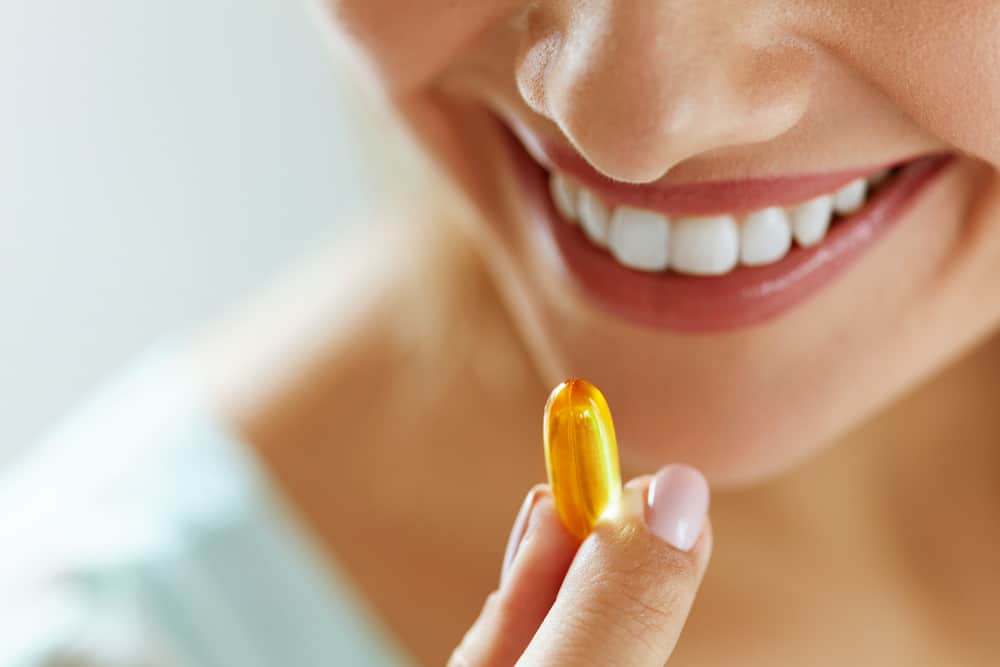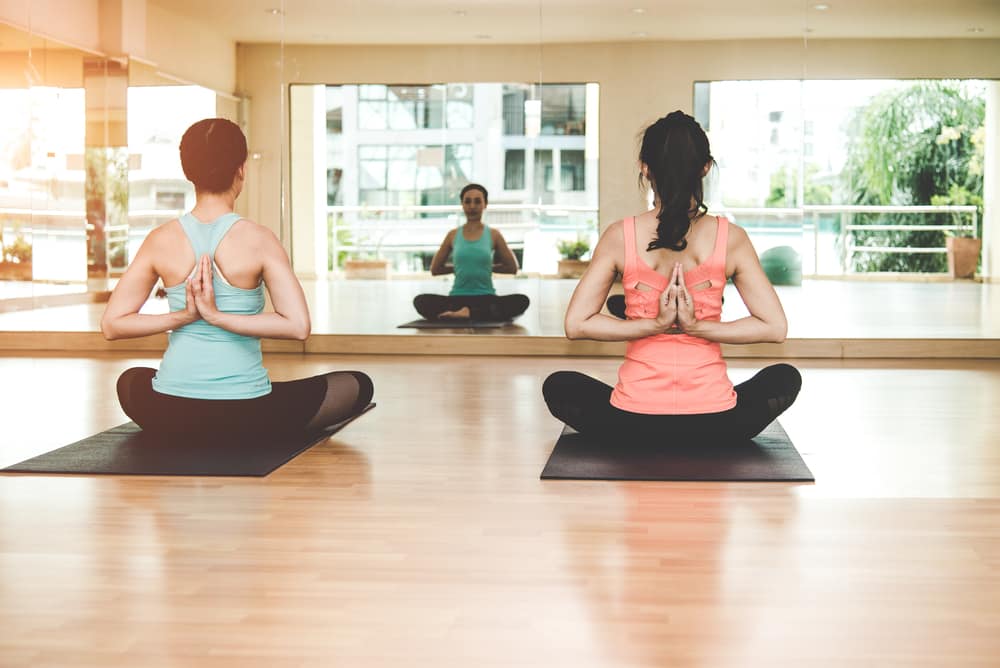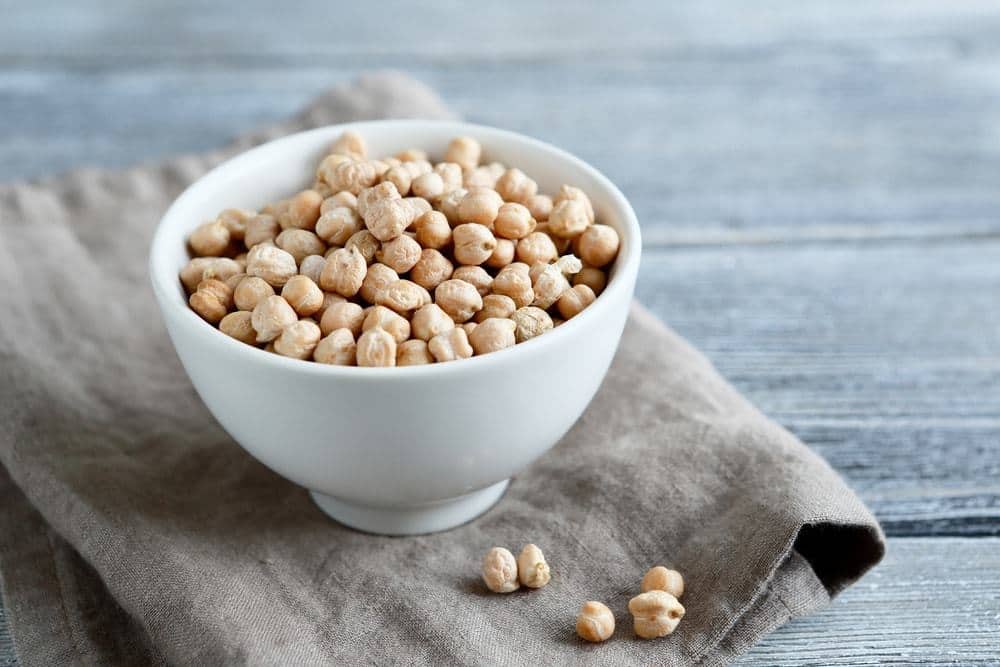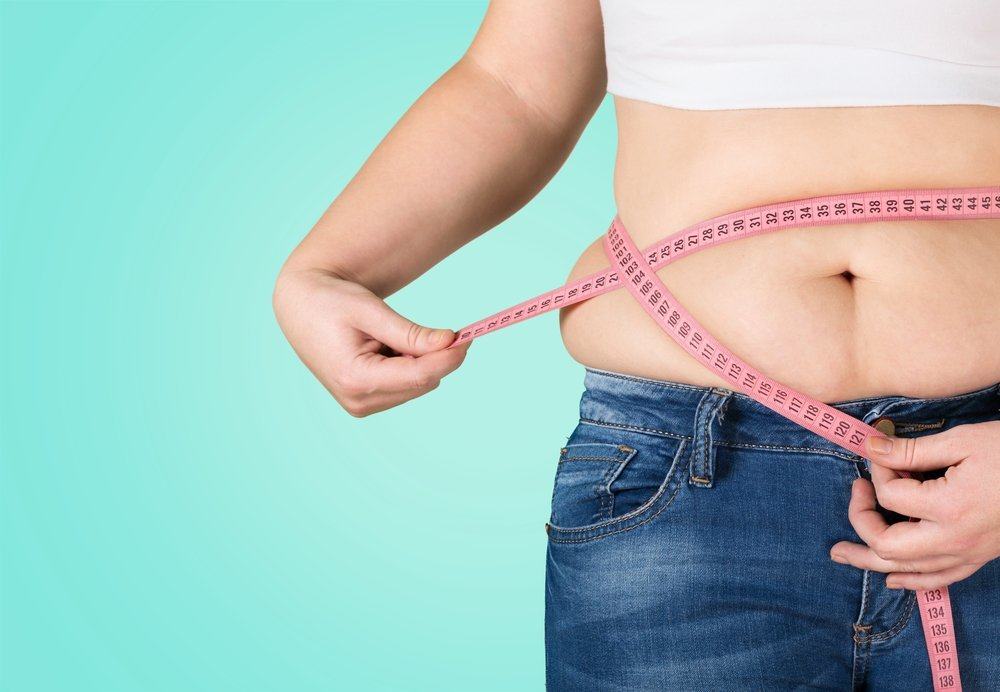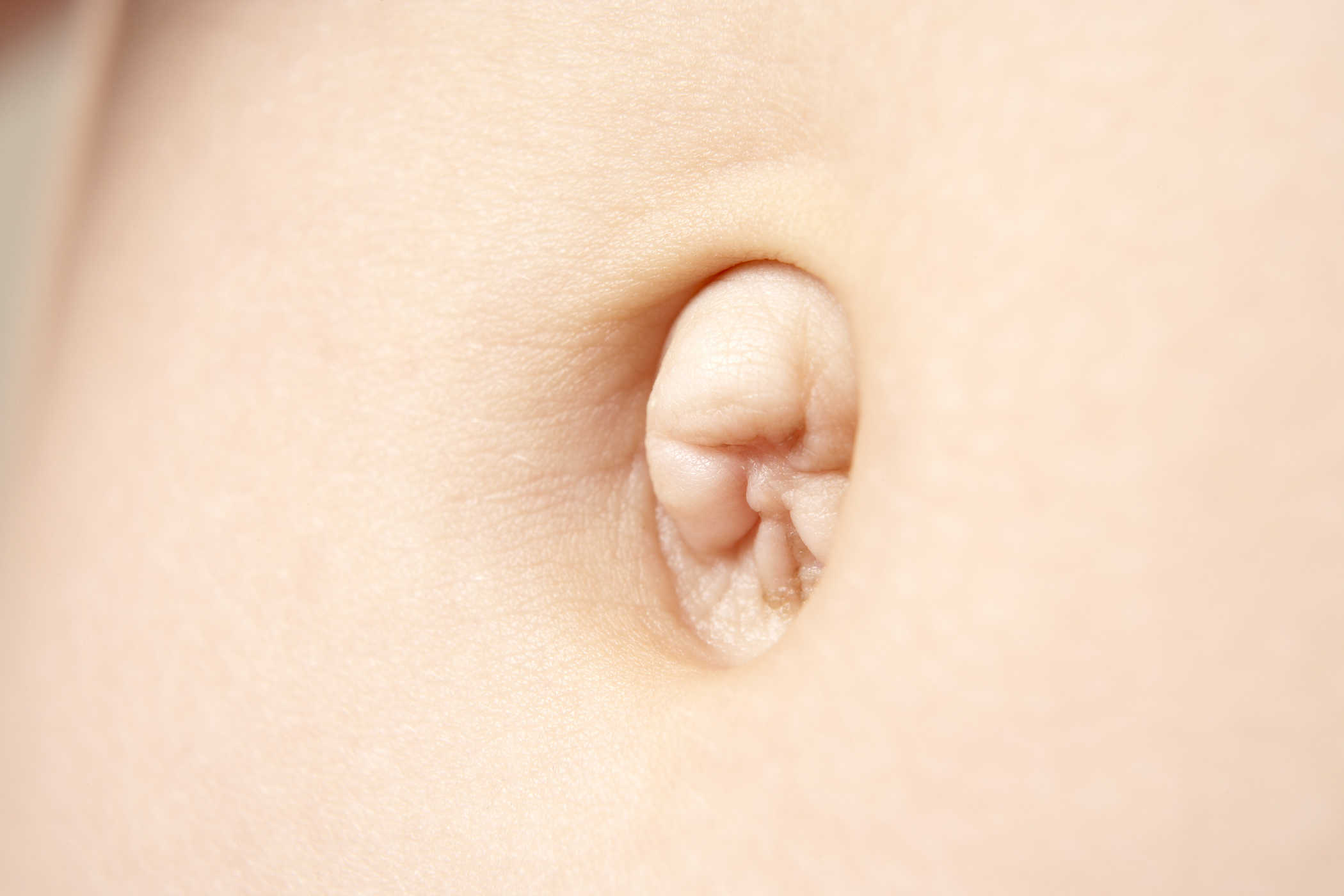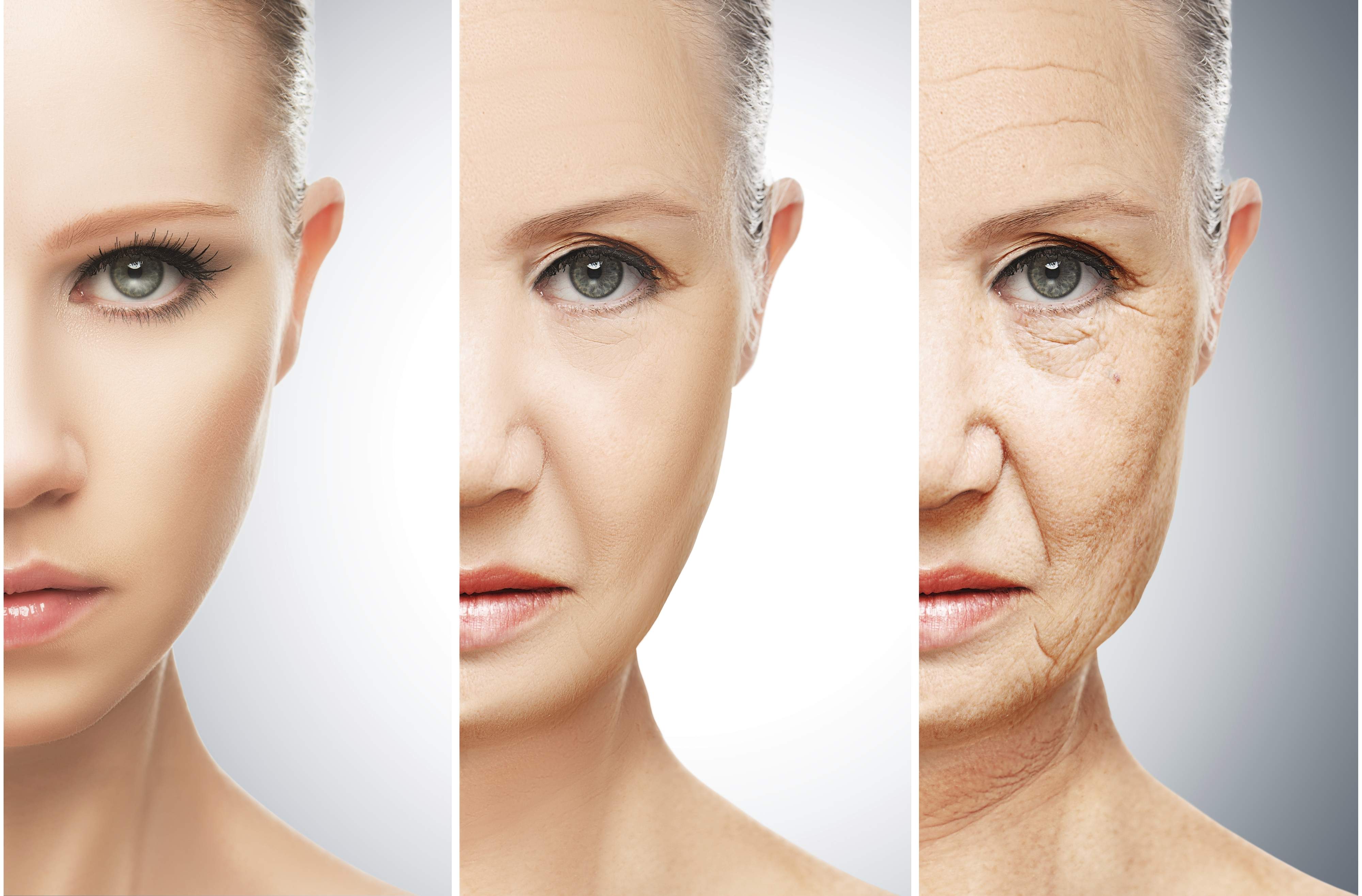Contents:
- Medical Video: Best Skin & Hair Care Supplements | Danish Zehen
- Supplements for the skin that you need every day
- 1. Biotin
- 2. Fern extract
- 3. Iron
- 4. Omega fatty acids
- 5. Vitamin C
- 6. Vitamin E
Medical Video: Best Skin & Hair Care Supplements | Danish Zehen
Who doesn't want to have bright skin and beautiful hair? Maybe you have done various things to get it, starting from salon treatments to managing a good diet. However, you also find patches of dry skin, cracked lips, and dull hair? Maybe you can try supplements for the following skin.
Supplements for the skin that you need every day
You can consider taking supplements. Supplements can help meet your nutritional needs, so they are good for health, including skin and hair health. There are several supplements for the skin that you should consume, what are you?
1. Biotin
Biotin is a B vitamin that promotes healthy skin, nerves, digestive tract and metabolism. Supplements containing biotin can help reduce hair loss and encourage nail growth.
Biotin can be found in some foods, such as peanut butter and bananas. The recommended dose of biotin intake is 35 micrograms per day, which you might have gotten automatically in your diet.
2. Fern extract
Maybe you are familiar with ferns. It turns out that this extract from vegetables can be used to maintain healthy skin. Yes, fern extract has been studied for almost 20 years for its ability to rejuvenate the skin.
A recent study revealed that fern extract can protect the skin from UV radiation. Supplements for this skin can also be used to treat health problems such as eczema, psoriasis, and vitiligo.
In addition, supplements containing fern extract have been shown to have important anti-inflammatory effects on skin tissue. Ask your doctor about the right dosage if you are interested in taking supplements containing fern extract. Generally, supplement doses will depend on each person's weight.
3. Iron
Without iron, your hair will look dull, thin and dry. Therefore, this mineral is relied upon as a supplement for the skin. Especially if the iron intake in the body is not sufficient, the nails become vulnerable to fragility and break easily. This mineral also plays a role in activating vitamin B in the body, so your skin will look more radiant.
It's not difficult to get iron. You can find it in a variety of foods such as dark green leafy vegetables, beans, beef, chicken and seafood. However, excessive and unattended iron consumption will cause damage to skin structure, just like the effects of free radicals.
So, you should consult your doctor before you take a supplement for skin and hair.
4. Omega fatty acids
The content of omega 3 in fish such as salmon, sardines and mackerel is useful for regulating oil production and helps to maintain skin moisture. In addition, these nutrients can also delay the aging process of the skin so that it can prevent wrinkles.
A study conducted in 2005 revealed that EPA, which is one type of omega-3,able to help ward off UV rays that have made the skin become dull and wrinkled.
What's more, omega-3 fatty acids can also make hair look shinier, prevent hair from drying out, and nourish the scalp. Make sure you take omega-3 supplements in accordance with the recommended Daily Nutrition (RDA), 600 mg DHA per day. However, if you have a history of mood disorders, fish allergies, diabetes, or high blood pressure, you should consult a doctor first.
5. Vitamin C
Other supplements for skin and hair are vitamin C. This vitamin can increase hair growth, help eliminate dandruff, stop hair loss, so it can make hair look thicker.
A study conducted in 2013 revealed that someone who is diligent in taking supplements containing vitamins C and E, his skin will look more radiant in just 4 months.
How many vitamin C supplements do you need to consume every day depends on your gender. Women 19 years and above should consume 75 g of vitamin C supplements every day, while men aged 19 years and above only need to consume as much as 19 g per day.
However, you need to know, vitamin C can increase iron absorption, so it can be a problem for people with hemochromatosis and people with excessive iron disease.
6. Vitamin E
Just like vitamin C, vitamin E is a vitamin rich in antioxidants that can help fight cell damage due to free radicals that can lead to the formation of fine lines.
A study conducted in 2010 stated that men who took supplements containing vitamin E, their hair grew more fertile than men who used placebo treatment.
Basically, because vitamin E dissolves with fat, you should use a supplement in the form of gel. Keep in mind that excessive consumption of vitamin E can cause bruises under the surface of the skin.
Generally, the intake of vitamin E that is needed by the body can be obtained by eating a variety of foods rich in vitamin E, for example, such as avocado, olive oil, and wheat.


